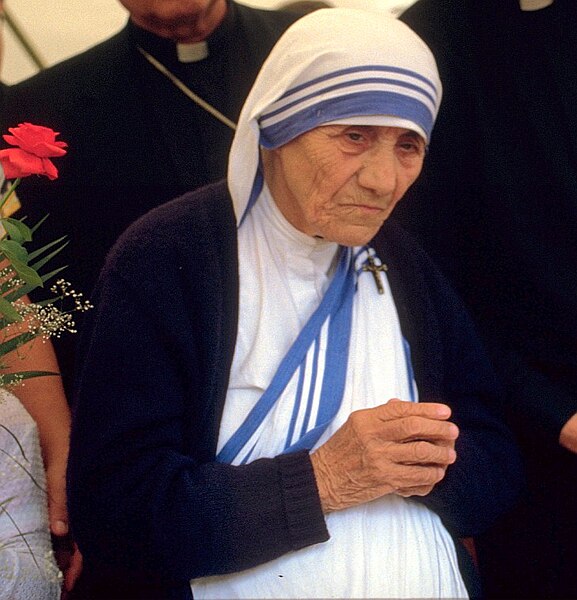By Kuyperian Commentary Special Contributing Scholar, Dr. Thomas Kidd
Many disappointed Romney supporters have suggested that his defeat spoke to an American culture in decline. For politics to change, they say, culture must change. Glenn Beck, for example, tweeted that “the time for politics is over. I’m doubling down on my efforts to shift the culture.”
Evangelical Christians are especially attuned to talk of changing culture. But what culture is, and just how it changes, is often less clear. Books such as Andy Crouch’s Culture Making and James Davison Hunter’s To Change the World should be required reading for any Christian making plans to change culture. Both books show that culture, or “what human beings make of the world,” in Crouch’s words, is extraordinarily complex, and not susceptible to quick change, especially through politics.
We can certainly point to Christian politicians who have helped change culture in explicitly Christian ways. The great abolitionist William Wilberforce is an excellent example. But think over the past century: many of the culture-changing Christians that jump immediately to mind have not been directly engaged with politics. For example:
C.S. Lewis, the Oxford professor whose greatest influence came through writing children’s books.
Dietrich Bonhoeffer, the German pastor and theologian martyred for his resistance against Nazi tyranny.
Mother Teresa, the Albanian-born nun who devoted her life to caring for lepers and AIDS patients, who testified to the dignity of all human life, including the outcast and unborn.
and AIDS patients, who testified to the dignity of all human life, including the outcast and unborn.
Each of these heroes had things to say of political consequence, but they did not see politics as their method of Christian witness or culture change.
So before we plunge headlong into changing the culture before the 2016 election, let’s think about a few principles for how evangelicals can influence culture.
1) James Davison Hunter argues that culture is shaped most by institutions that have great “symbolic capital,” including universities such as Harvard and Yale, and newspapers such as the New York Times. Popular Christian books may sell millions of copies, but they do not have the symbolic capital or cultural influence of a Pulitzer Prize winner. Christians not only need to engage with institutions of high symbolic capital, but we need Christian voices to be present in those institutions, as professors, journalists, and artists. Christian parents and teachers need to cast a winsome vision of Christian cultural engagement for children and students.
2) Christians should worry as much about preserving orthodox Christian culture as they do about changing secular culture. Indeed, preserving traditional Christian culture is an essential precondition to any wholesome changes in the broader culture. If American Christian culture is infected by theological vacuousness and historical ignorance, by shallow consumerism, or by ethical corruption, then on what basis can we hope to transform the broader culture? As Christopher Dawson’s classic Religion and the Rise of Western Culture demonstrates, Christians have often found themselves having to preserve the heritage of biblical Christianity from a hostile surrounding culture. There’s nothing especially new in our situation today.
3) While some Christians may be called vocationally to institutions of high symbolic capital, all of us can take responsibility for the mini-cultures of our family, church, and neighborhood. I’m afraid that I can’t do much about the voting patterns of Ohio, but I can sure do something about the culture of my dinner table. When Mother Teresa received the Nobel Peace Prize, she was reportedly asked what we can do to promote world peace. She answered “Go home and love your family.”
Evangelicals can certainly participate in politics, but we should remember that politics tends simply to reflect culture. And culture is not easy to change, especially at the broadest levels. Christians can (and must) do more to bring a witness into institutions of high symbolic capital, but we should never underestimate the sanguine influence we can have, by God’s grace and prayer, on the little cultural spheres we inhabit on a daily basis.
(Article first published at Patheos)<>















Excellent article. There is of course much that could be said, most of which has been said before in ohter places. Most of it is likely encapsulated in the Kingdom Parables, the City of God growing silently, hidden in plain sight in the midst of the City of Man.
Augustine rocks.